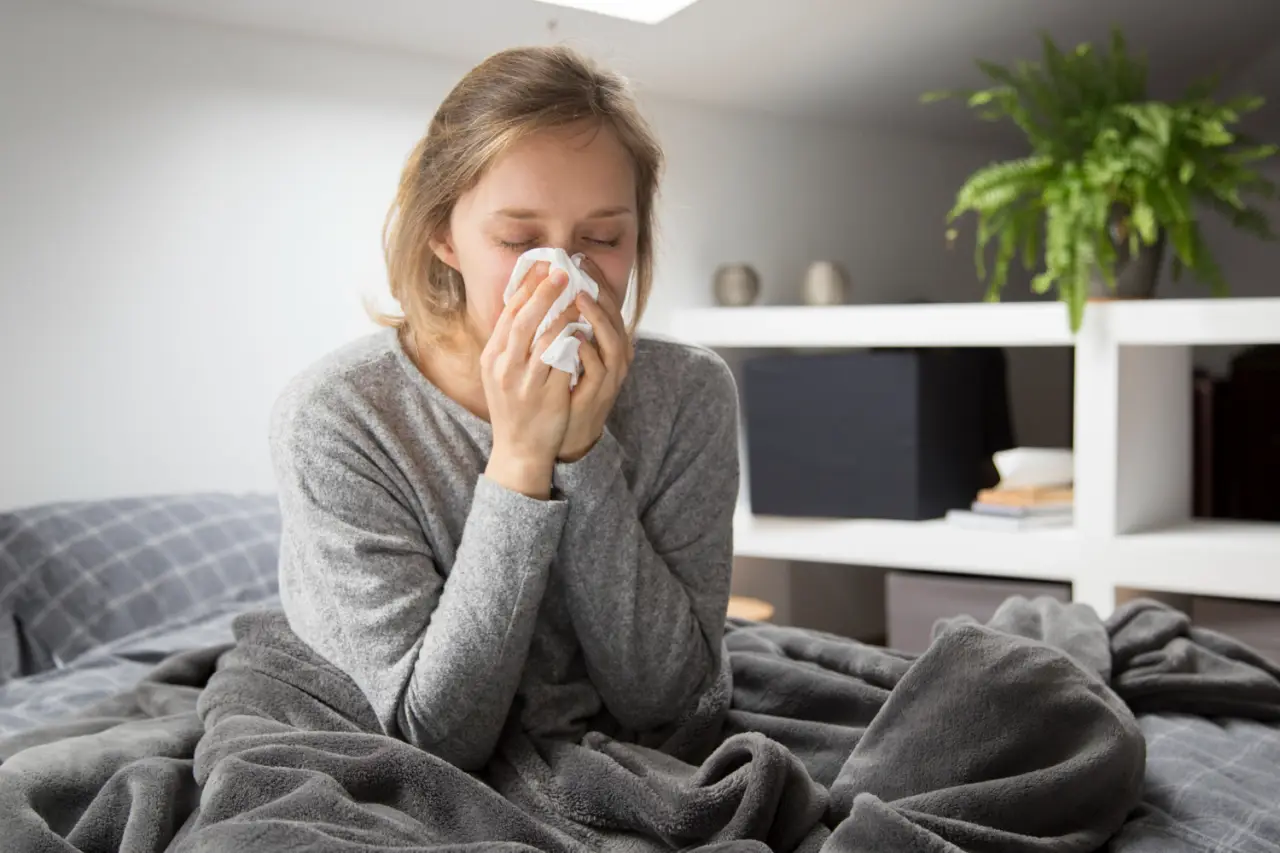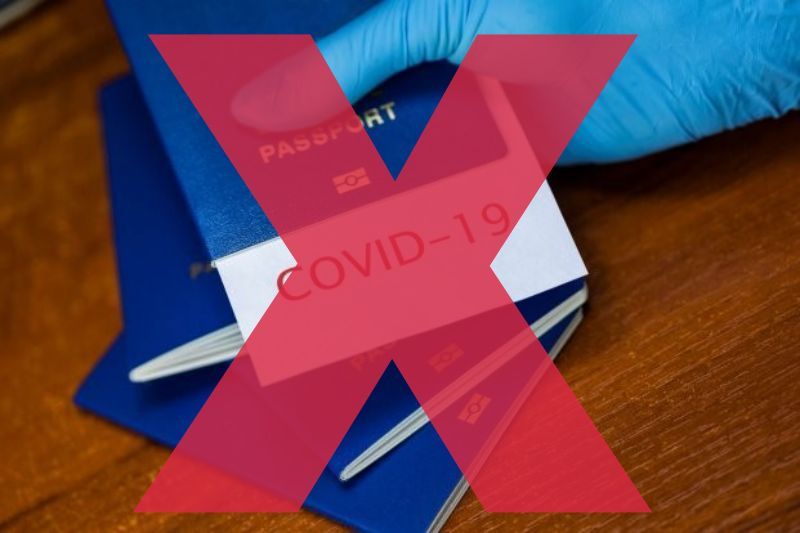A new group of COVID-19 variants called “FLiRT” is spreading in the United States. These variants are driving an increasing number of cases, raising concerns about a potential summer wave.
The FLiRT strains — KP.2, KP.1.1, and KP.3 — now account for more than half of COVID-19 cases nationwide. This data comes from the U.S. Centers for Disease Control and Prevention (CDC).
The FLiRT variants have been circulating in the U.S. since early spring. In April, KP.2 quickly became the dominant strain, overtaking the previous leader, JN.1.
KP.2 now accounts for over a quarter of infections nationwide. During a two-week period ending on May 25, KP.2 made up 28.5% of cases, a significant rise from just 1% in mid-March.
The second most common FLiRT variant is KP.3, accounting for 12.7% of cases. JN.1.7 and KP.1.1 follow, each making up 9.2% of cases.
Although hospitalizations are down, there has been a slight increase in test positivity and emergency room visits. These trends, along with previous summer waves, have sparked fears about a surge in infections this summer.
Scientists warn that the FLiRT variants may evade the immune system more effectively due to their spike protein mutations. Waning immunity and low uptake of the latest COVID-19 vaccine have created a more susceptible population.
The FLiRT variants — KP.2 and KP.1.1 — are spinoffs of JN.1.11.1, a direct descendant of JN.1. These new variants have additional mutations that give them an advantage over previous strains.
The name ‘FLiRT’ comes from the technical names for their mutations. Like other recent dominant strains, the FLiRT variants are part of the omicron family.
Experts say the emergence of FLiRT variants follows a familiar pattern. The SARS-CoV-2 virus mutates rapidly, giving rise to new, highly contagious variants. This process happens faster than with other viruses like influenza.
Dr. William Schaffner from Vanderbilt University Medical Center says it’s still early, but KP.2 seems very transmissible. Its rise suggests it has features that give it an advantage over other variants.
KP.2 is similar to its parental strain JN.1 but has two mutations that enhance its ability to evade pre-existing immunity. Most people in the U.S. have some immunity, but this protection fades over time.
Low vaccination rates and waning immunity create a vulnerable population, allowing the FLiRT variants to spread. Laboratory studies suggest that current vaccines and prior infection provide only partial protection against KP.2.
It’s too soon to tell if the FLiRT variants will cause a significant summer wave. However, COVID-19 remains present year-round.
Test positivity, an early indicator of case levels, was 4.2% as of May 25, a slight increase from the previous week but much lower than in January. Hospitalizations remain low compared to the winter.
Wastewater data shows low viral activity for COVID-19, a positive sign. Experts note that summer waves are usually smaller than winter surges.
Travelers should be particularly cautious. The CDC recommends wearing masks on planes and in crowded airports to reduce the risk of transmission. Staying up to date with vaccines, testing for COVID-19 if you have symptoms, and practicing good hygiene are also important measures to protect yourself and others while traveling.
Symptoms of the FLiRT variants are similar to those of previous strains. These include sore throat, cough, fatigue, congestion, and other common COVID-19 symptoms.
Vaccines still offer some protection against the FLiRT variants. They may not prevent infection entirely but can reduce the severity of disease.
As summer travel increases, taking these precautions can help ensure a safer and healthier trip. The CDC recommends staying up to date with vaccines, testing for COVID-19 if you have symptoms, and practicing good hygiene. These measures help protect against the spread of new variants.







